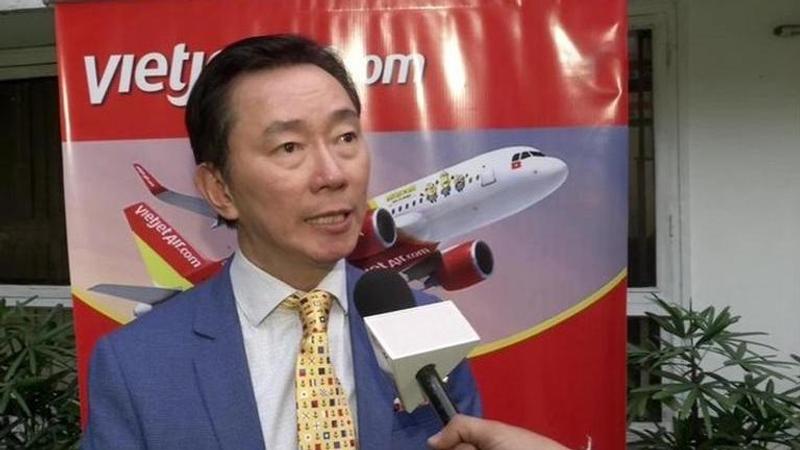Published 20:38 IST, November 4th 2019
Vietnam as 2020 ASEAN Summit host, hopeful of India-RCEP breakthrough
Vietnam's ambassador to India spoke about Vietnam chairing the ASEAN 2020. He also spoke about India's concern over Regional Comprehensive Economic Partnership

After PM Modi successfully co-chaired the 16th India-ASEAN summit in Thailand, the next 2020 ASEAN summit will be happening under the chairmanship of Vietnam. Reacting over the summit happening in Vietnam and India's concerns over Regional Comprehensive Economic Partnership, Vietnam's ambassador to India Pham Sanh Chau spoke about Vietnam assuming chairmanship and the Free Trade Agreement.
He said, "Vietnam will assume the chairmanship of ASEAN Summit in 2020 & we hope that under our chairmanship, we will be able to sign that important Free Trade Agreement (FTA)."
Pham Sanh Chau also addressed to India's concerns over not signing the RCEP deal. He said, "We understand the concerns raised by India in terms of RCEP (Regional Comprehensive Economic Partnership) but we hope all the concerned parties will be able to sit down & address the differences in a satisfactory way."
What is the RCEP?
The Regional Comprehensive Economic Partnership (RCEP) is a proposed free trade agreement (FTA) between the ten member states of the Association of Southeast Asian Nations (ASEAN) and its six FTA partners, launched in 2012. The member nations include Brunei, Cambodia, Indonesia, Laos, Malaysia, Myanmar, the Philippines, Singapore, Thailand, Vietnam, and the FTA members include China, Japan, India, South Korea, Australia, and New Zealand. The agreement aims at dropping tariffs and duties between the members to allow a free flow of goods and services.
What are India's concerns?
India is wary of this agreement, as the government feels with the lowering of import duties, the domestic industries will not be able to compete with China and the inflow of goods. The main sectors which would feel the pinch are the milk industry, textile and traders, according to experts. According to reports, the recent slowdown in India's core industry would also affect in case tariffs are lowered.
Updated 22:03 IST, November 4th 2019




